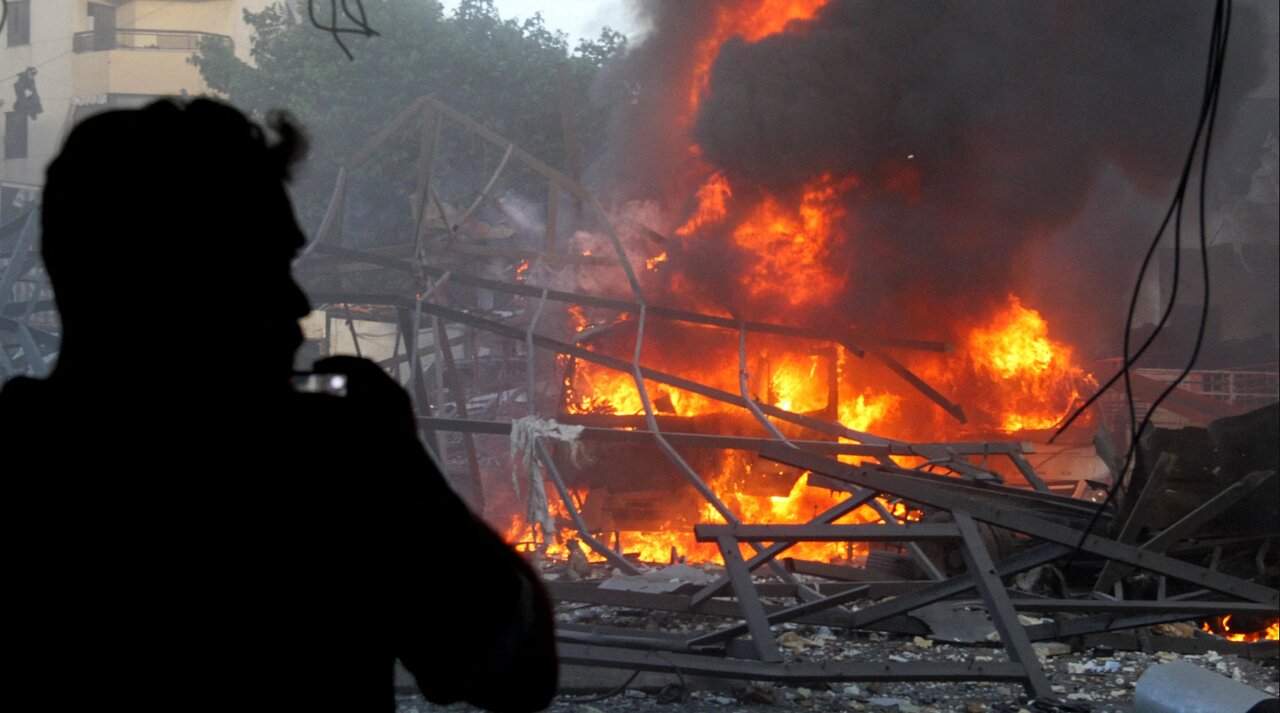New stage of Israel’s pressure on Lebanon

BEIRUT — In a flagrant violation of the ceasefire and the Lebanese sovereignty, and in continuation of the U.S.-Israeli strategy pursued since the ceasefire agreement last November, the Israeli regime launched an aerial attack on the southern suburbs of Beirut on Sunday evening.
The air raid comes as both Tel Aviv and Washington are convinced that the September-November war on Lebanon failed to weaken Hezbollah or end its threat.
The focus initially was on bombing all vital facilities, homes, infrastructure, and houses in the villages on the front line with occupied Palestine.
The attacks then extended north of the Litani River, reaching the Bekaa Valley and the southern suburbs of Beirut.
Undoubtedly, the new aggression coincided with massive political and media propaganda led by Lebanon’s anti-Resistance team, threatening Hezbollah with disarmament, otherwise, its popular base would face further bombing campaigns, pressure, and the obstruction of reconstruction.
It is noteworthy that in the Sunday evening attack, the Israeli enemy did not claim, as it did previously, that it was an alleged response to rockets fired from Lebanon into the occupied Palestinian territories.
Given the international silence and inaction by the Lebanese government, this move could translate into the enemy launching more attacks in the future.
In terms of the timing and scope of the attack, the aggression was intended to intimidate and pressure the pro-Resistance popular base into believing that this bombardment campaign was just one in a series of ongoing attacks.
However, it has become clear that the Israelis understand the importance of time in achieving the strategic political objectives of the war.
Hence, they and Washington appear to be in a hurry, realizing that Hezbollah is in the process of full recovery, a fact that is neither hidden nor secret. This has long been one of Hezbollah’s most important advantages in all previous confrontations.
Besides, it seems that these concerns have also spread to Lebanon’s anti-Resistance faction, which is highly betting on Israel and openly expressing the need to disarm Hezbollah as soon as possible.
Meanwhile, the urgent question that pops up is: When will the Lebanese government move to the stage of curbing Israeli attacks, given that what it is doing now is what prompted the people of the south to take up arms and resist Israel in the last decade?
It is no longer acceptable for Lebanon to remain under the threats of the enemy’s army spokesman, Avichay Adraee.
However, what is regrettable is that the Lebanese government has taken no actual diplomatic action in protest against Israel’s violation of Lebanon’s sovereignty and the ceasefire agreement.
How many times has the Lebanese foreign minister summoned both the American and French ambassadors to convey Lebanon’s official protest against what the Israeli enemy is doing?!
Undeniably, the attack on Beirut’s southern suburb not only targeted the popular base of the Resistance, but also targeted the Lebanese state, with all its institutions, government, sovereignty, independence, and security. It speaks well that Israel and those behind it do not take the alleged “peace” seriously.
Therefore, when the state is unable to protect its people, it is necessary to seek ways for protection, as martyr Sayyed Musa al-Sadr suggested in 1974, before the founding of the current Resistance movement and even before the Israeli invasion!
Leave a Comment